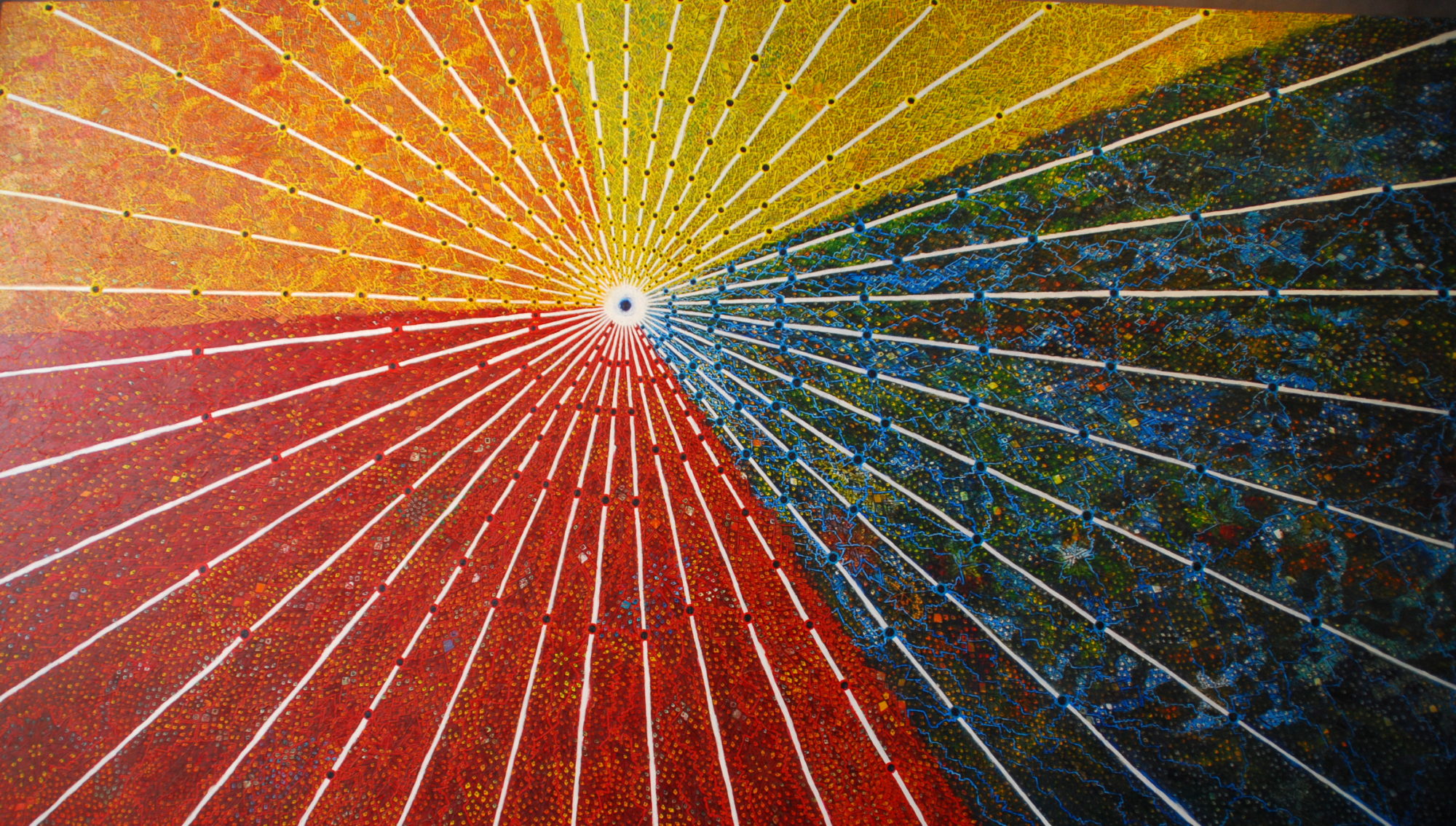After our experiences in South America, where we had Internet access almost anywhere at any time (and for free), we began to do what we all know is dangerous: we began to assume. We assumed that we’d have similar luck in Africa. Well, we didn’t think it would be quite as magical as it was in South America; we just also didn’t think it would be quite so difficult, especially in South Africa, the most developed of the countries we’ll visit.
Unfortunately, however, Internet here is not the God-given right that many of us have come to expect. We’ve had Internet access in about half the places we’ve stayed. Or at least we have access to a computer that is supposedly connected to the Internet. Most of the time the computer is so old and so slow, that it’s a miracle if it connects. If it does connect, getting any page to load can take ages. And the kicker here is that you’re paying for it. Internet is not only not ubiquitious, it’s also not free. So while I’m waiting 20 minutes for my Gmail to load, I’m paying for each of those 20 minutes. And it’s not even cheap either, costing $4 or more per hour. So if you haven’t heard from us lately, if you haven’t gotten emails or comments on your blog or a Skype call, you know why. Sorry.
Comparatively, however, checking our email has been easy. Our website that’s another story in itself. I think we’ve successfully got it to load once. We’ve got our Admin site to load a whopping zero times (one, I guess, if this makes it up on the web- Editor’s Note: It didn’t load. The “invisible hand” is back. Let the guessing continue.) The post about our Road Trip you can thank the “invisible hand” for. I had to email it to it and ask it to post it for us.
And the worst part was that even though I had already written the post on our computer waiting for a chance to upload it, I had to rewrite the entire thing in the email I sent the “invisible hand”. You see, wi-fi here is completely unheard of. Apparently, the Internet companies don’t offer a pay by the month plan, but instead charge for the amount of bandwidth you use. Of course, this can add up quickly, so nobody dares open up a wi-fi connection or hook up multiple computers as Lord knows what kind of bill they’d end up with. The bandwidth restrictions also mean no uploading or downloading, so goodbye photos. And Skype, well that’s just a pipedream. Topping it all off is a ban, so far on all the computers we’ve encountered, of putting in your own flash drive or other card to transfer materials from our computer to their computer. So basically we’re back in the early 1990s. Dial-up AOL might be a Godsend at this point!
We still have our fingers crossed that things will get better. We’re hopeful that as we approach Cape Town, we’ll have better luck. In the meantime, we’re still writing, picking out photos, and checking every computer and cafe we come across for an opportunity to upload. So bear with us. And hey, if you’re reading this, it means we ran into at least a little luck, so check back frequently since whenever we do find a way to get online and to our website, we’re going to upload at least a couple of posts.

So good to hear from you! Since there haven’t been many posts lately, I will be reading the your first book, Moon Outdoors, Take a Hike, Washington, D.C. I received the first copy in the mail today! Congratulations!
I certainly empathize with the lack of internet connectivity and the expense when you do find it. We went through the same thing in many places in Central Asia – I remember waiting 45 minutes one time for my email account to open up in Uzbekistan. I’ve since tried to train my family and friends not to send large attachments (like 4 MB photos of a cute niece) for fear of bringing down the whole internet cafe.
We started using Twitter in this part of the world to let our family and friends know we were OK and to give them a little taste of what’s going on (in 140 characters or less). The interface is rather simple, so it comes up much quicker than having to go through a blog editor. Also, we found that government censors in highly controlled countries (eg, Burma, Turkmenistan, Uzbekistan) hadn’t been turned onto Twitter yet, so it was usually open when other communication channels had been blocked. If internet continues to be difficult, Twitter might be an alternative to get a quick message out.
We just started our journey in Central America and have been floored by the access to wifi here. I’m glad to hear we can expect this to continue in South America.
Congrats on your first book! Did you send a copy to the people at Young Author’s!?